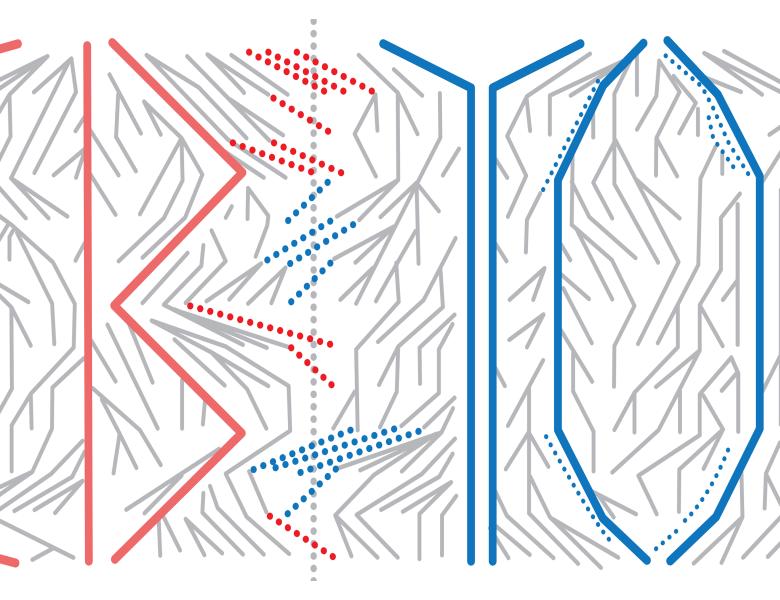
Abstract
We have recently developed whole-genome in-solution capture (WISC), a fast, flexible, and inexpensive whole genome capture approach which uses biotinylated RNA baits for capturing genomic DNA from genomes of interest (Carpenter et al., 2013, AJHG). Previously, we demonstrated the power of WISC on Illumina libraries created from four Iron Age and Bronze Age human teeth from Bulgaria, as well as bone samples from seven Peruvian mummies and a Bronze Age hair sample from Denmark. Prior to capture, shotgun sequencing of these libraries yielded an average of 1.2% of reads mapping to the human genome (including duplicates). After capture, this fraction increased dramatically, with up to 59% of reads mapped to human and folds enrichment ranging from 6X to 159X. In this talk, we will discuss our extension of WISC to three pressing problems: (1) extending WISC to non-human model systems, (2) improving metagenomic sequencing via human genome subtraction, and (3) development of “gold standards” for validation in ancient DNA (aDNA). In the first project, we capture the genomes of 5 ancient dogs and wolves, including one wolf from the 19th century, one wolf from the Late Pleistocene, two pre-Columbian dogs (one from Mexico and one from Peru), and a Mesolithic dog from Yugoslavia. We demonstrate the adjustments that must be made to adapt the protocol to different species. In the second project, we developed a “negative” capture or subtraction approach where we enrich for genomic DNA not bound to the RNA-baits. In the application to metagenomic sequencing, we saw a depletion of human DNA in saliva from 49% pre-capture (~4.8M Illumina MiSeq reads per sample) to 3% (~275K reads) without loss of complexity in the remaining library. Finally, we will discuss development of “gold standards” for aDNA sequencing via orthogonal technology validation. We have resequenced a subset of the original 12 samples used in the WISC study on the Ion Torrent Proton system and found that orthogonal validation reduces the false positive rate of PCR induced library variants.


